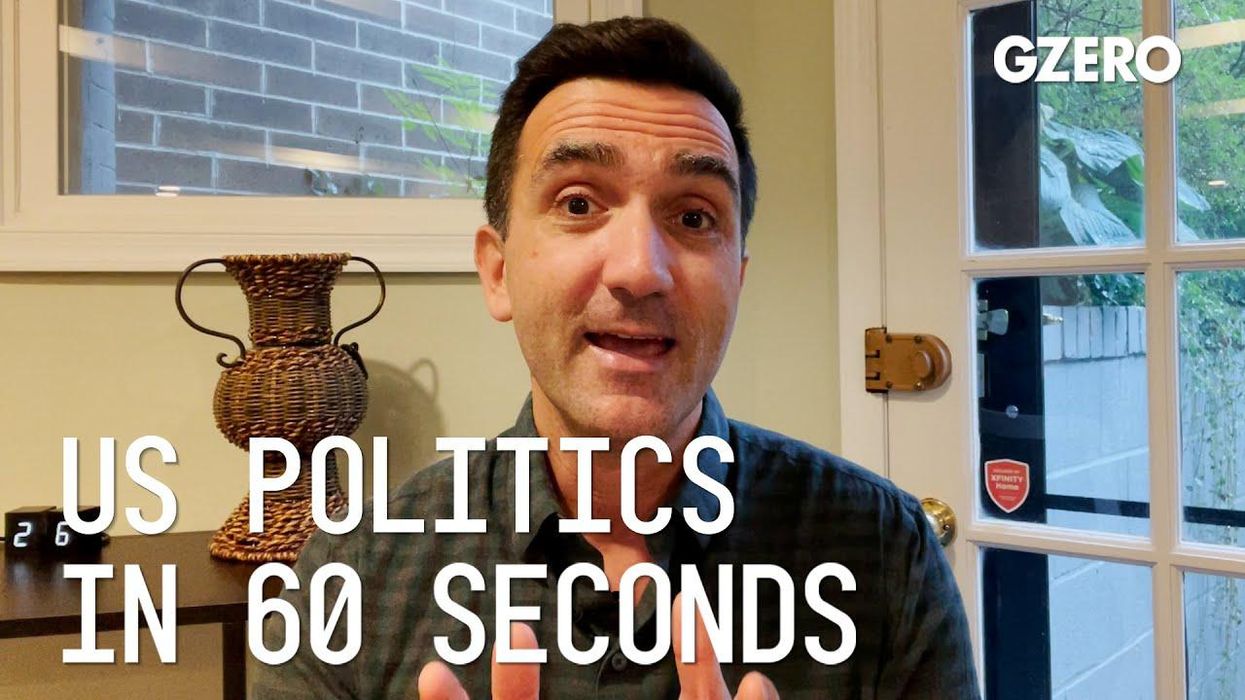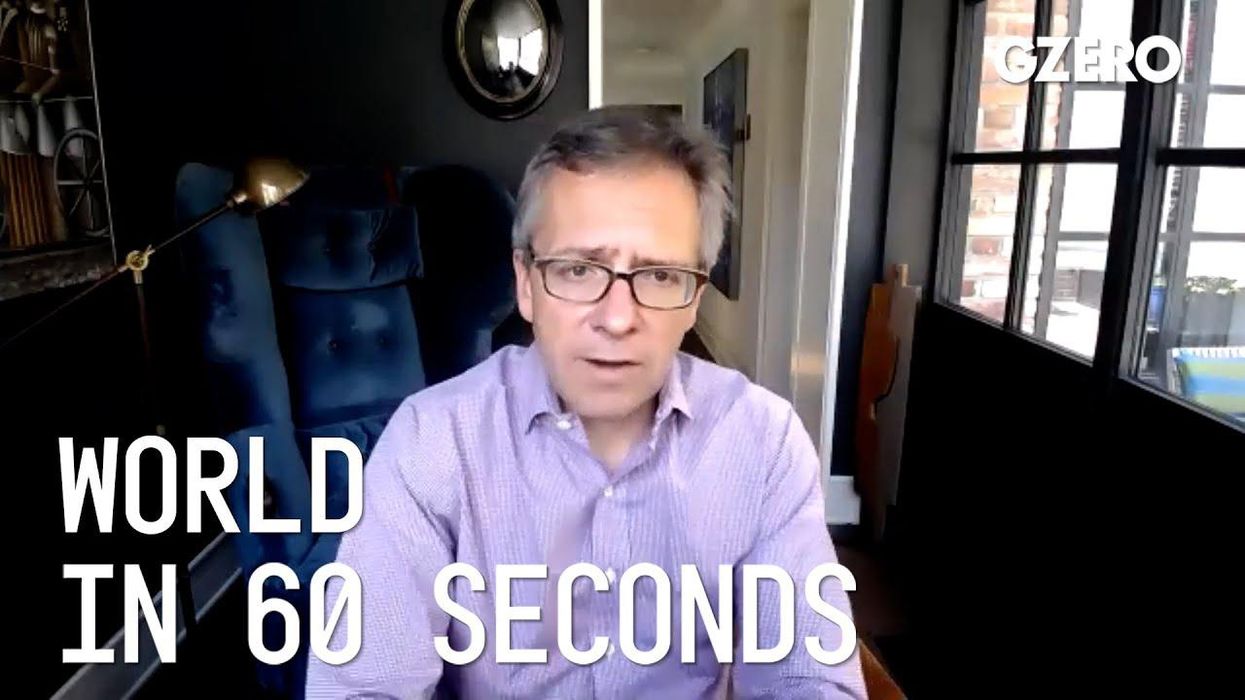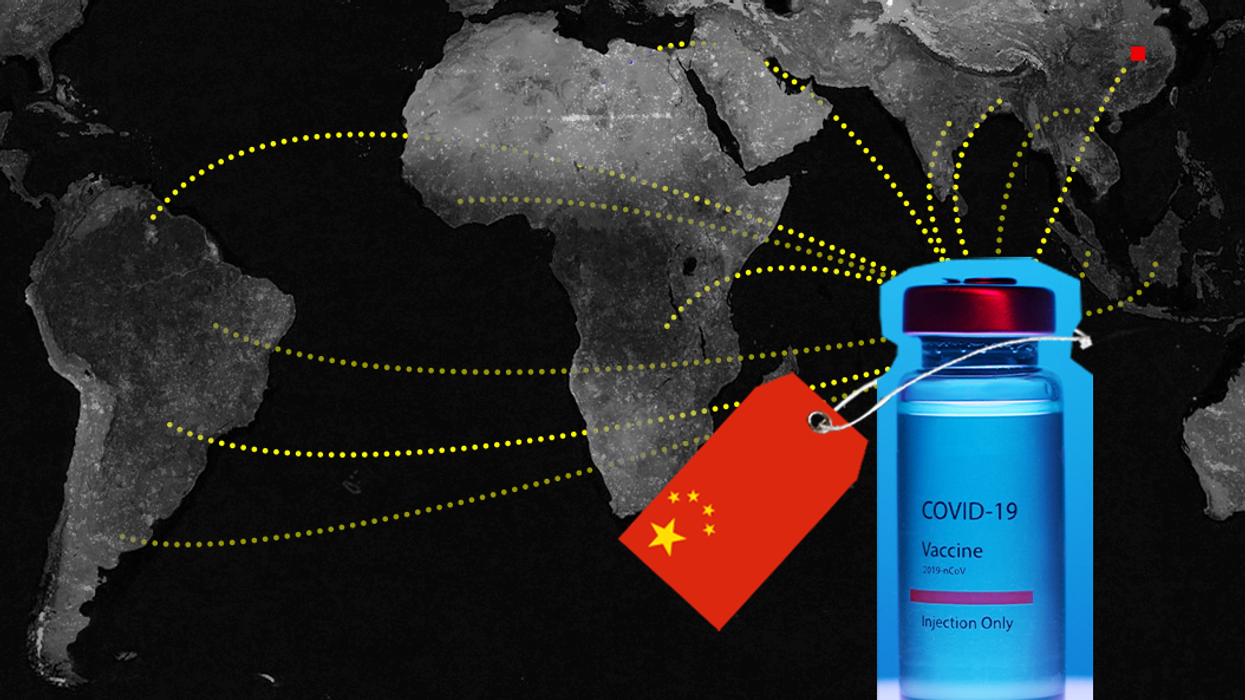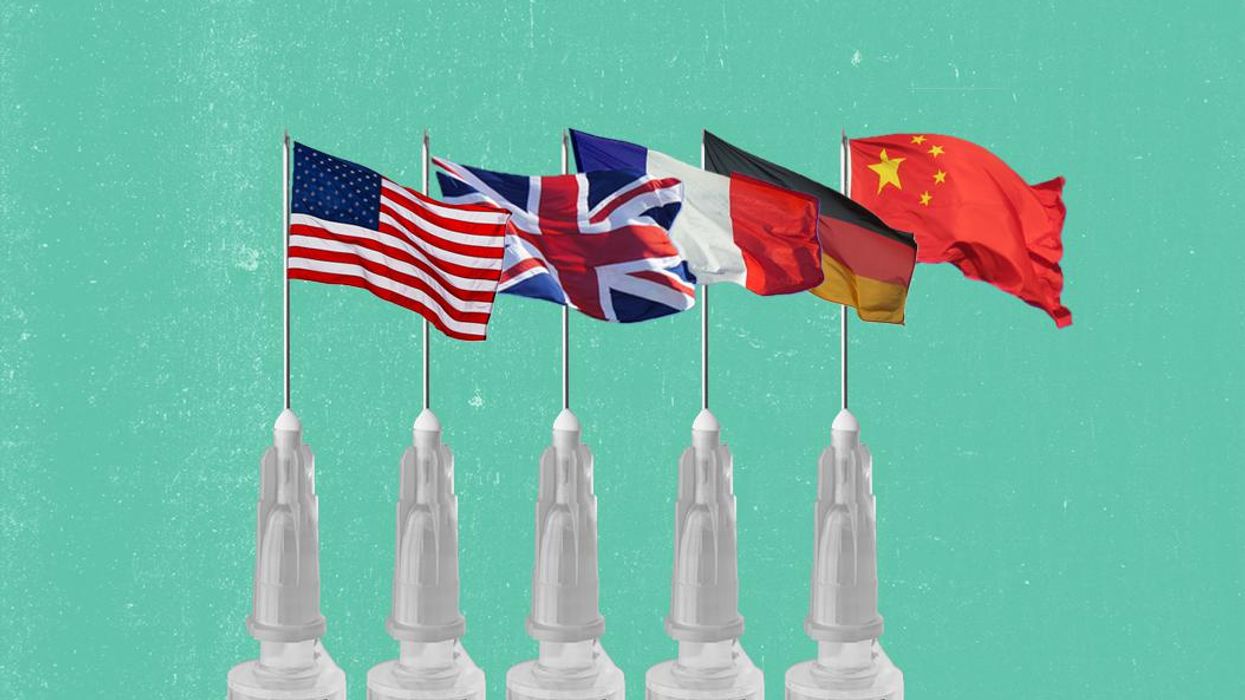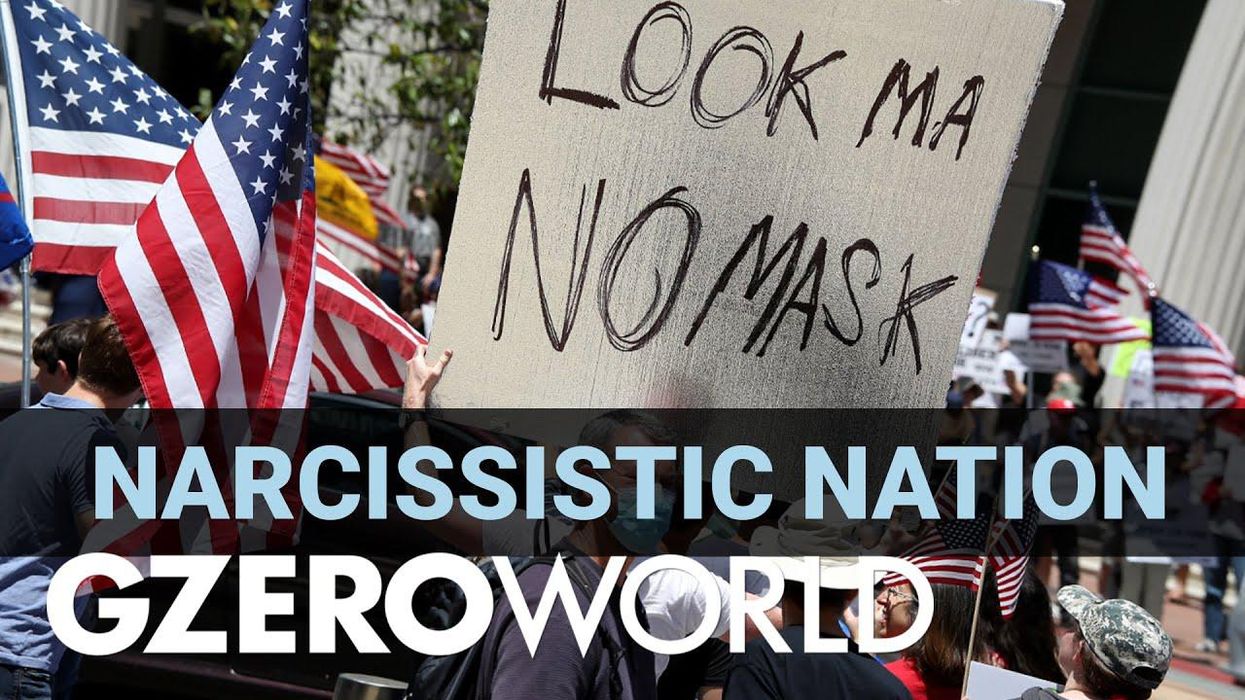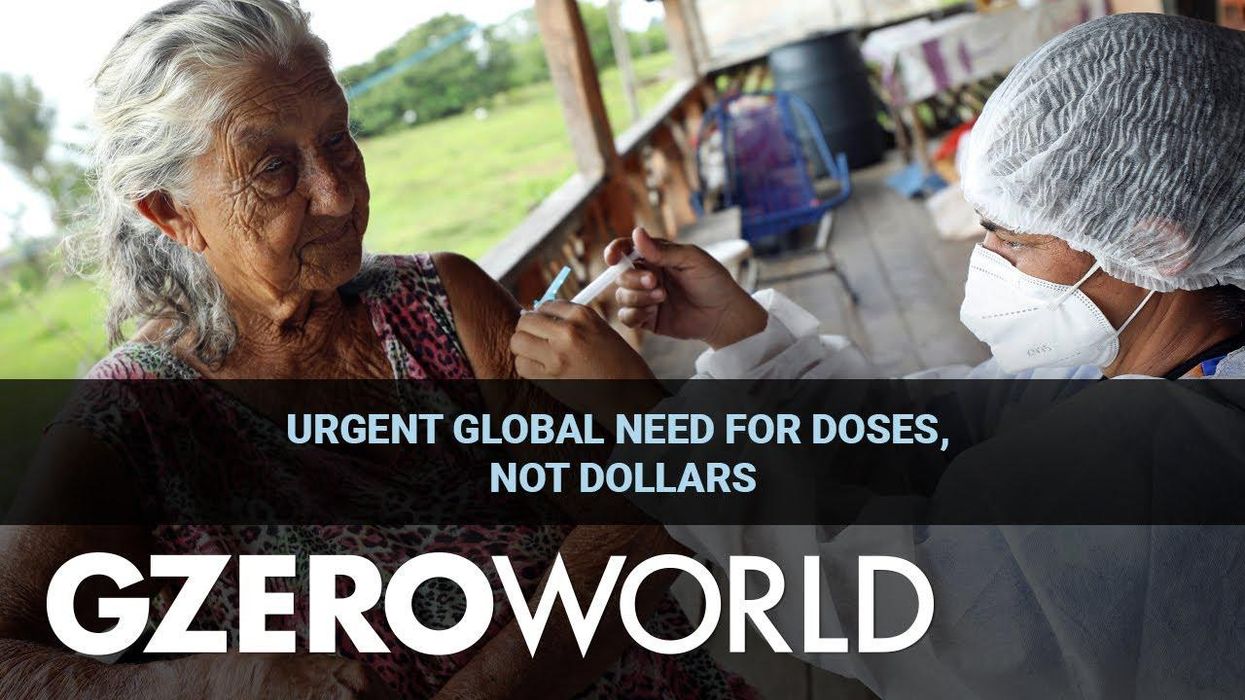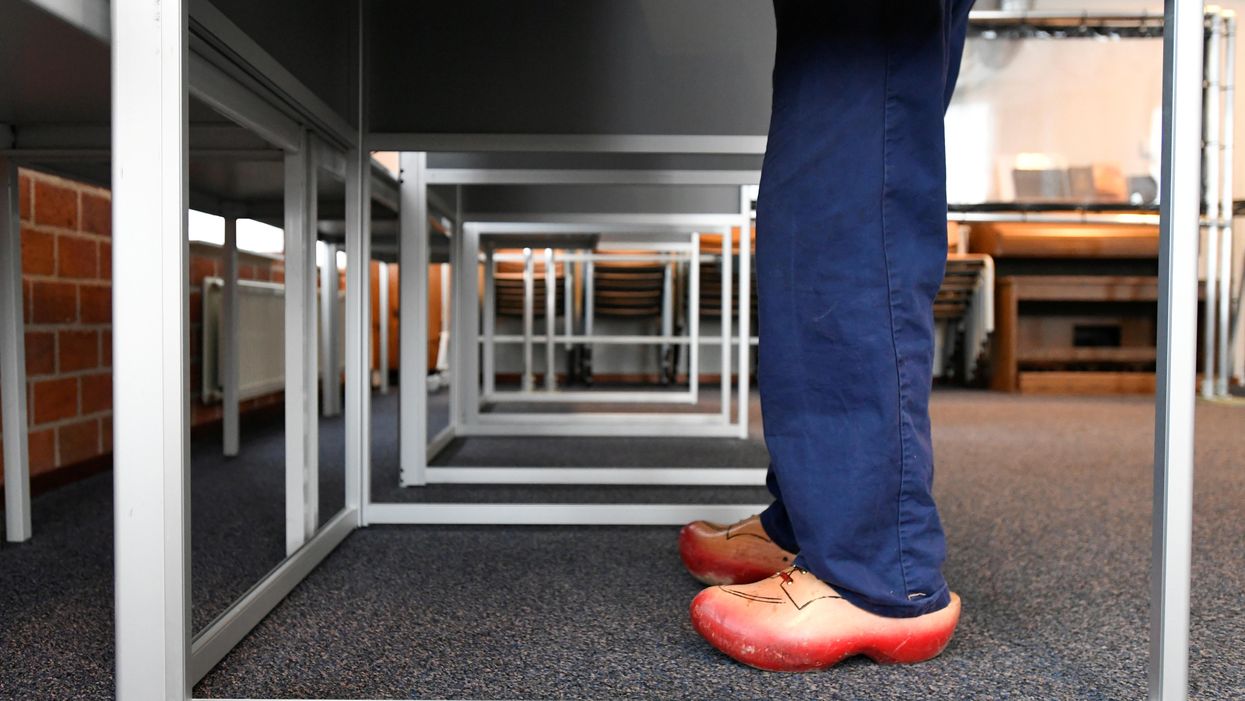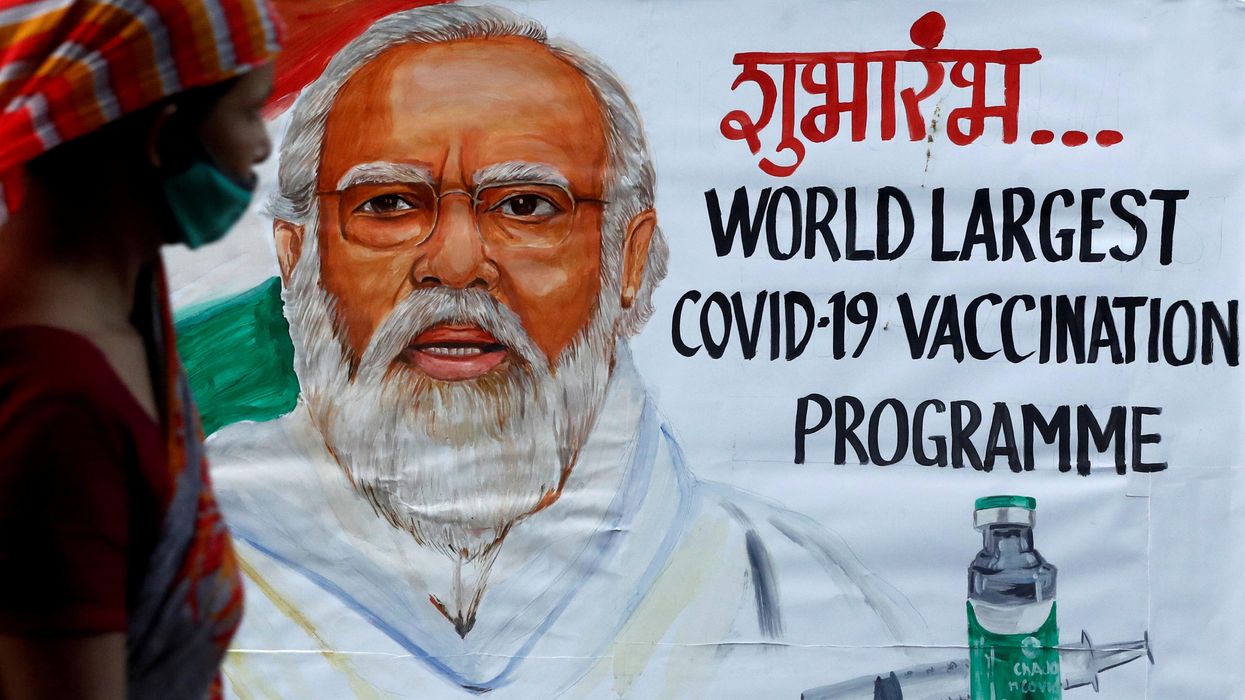US Politics In 60 Seconds
Biden's vaccine diplomacy and US global leadership; US-China bill gets bipartisan support
Jon Lieber discusses the bipartisan US-China bill that passed the Senate this week, and Biden's plans to restore US global leadership through vaccine diplomacy.
Jun 11, 2021
